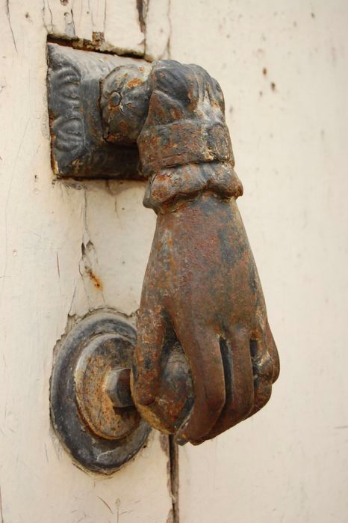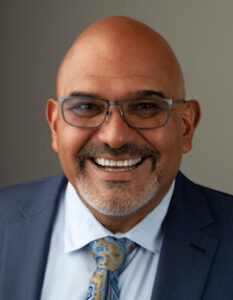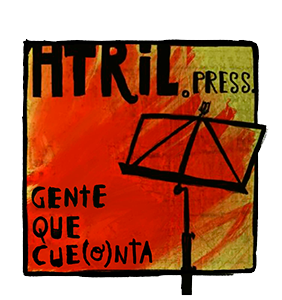
leer en español
ler em português
As I concluded my clinical training in Boston, challenging times unfolded in my home country, Venezuela. Staying in the United States emerged as the best option for our growing family, but I needed a special permit, a “waiver,” to work in this country. An opportunity arose in Florida, but we preferred to stay in Boston.
One morning, I heard on the radio referencing an article from the Boston Globe stating that there weren’t enough anesthesiologists in Massachusetts. Operating rooms were being shut down, surgeries were being canceled, and pain clinics were postponing appointments. I sought out the article, cut it out, and wrote a letter to the State Department of Health, explaining my situation and expressing that, if granted the waiver, I would stay to help resolve the crisis we were facing. I put the article and the letter in a manila envelope, added an extra stamp, and dropped it in the mailbox (email was not yet commonly used).
Two or three weeks later, I received a response from the Department thanking me for my interest and telling me something I already knew before sending the letter: “these waivers are only for primary care physicians; anesthesiologists do not qualify.” As my mother, Dorita Aroca de Azocar, had taught me, “knocking on the door isn’t the same as entering”.
A couple of months later, I got a message on the pager saying, “They’re calling from the Department of Health, call this number.” I didn’t even remember the letters. Fearful of being in trouble, I called immediately. The person on the other end said, “Dr. Azócar, last night the Board of Directors of the Department met and decided to approve two waivers for anesthesiologists this year, and since you contacted us in the recent past, one of them is for you if you want it.” I accepted immediately, and the rest of my professional life until now has been in our home state of Massachusetts. This event allowed many other foreign anesthesiologists to stay in our state with the required waivers after me. As my mother would have also said: “but there’s no worse errand than the one left undone.”
Often, when we want something, there’s something or someone telling us it’s not possible, it’s difficult, don’t even think about it. At that point, we could “throw in the towel” and set aside that goal or dream. Or, we can “knock on the door” and do “that errand” (no matter how annoying it might be), and the door opens, and the errand brings about the ending one desires.

rubenjazocar@gmail.com
